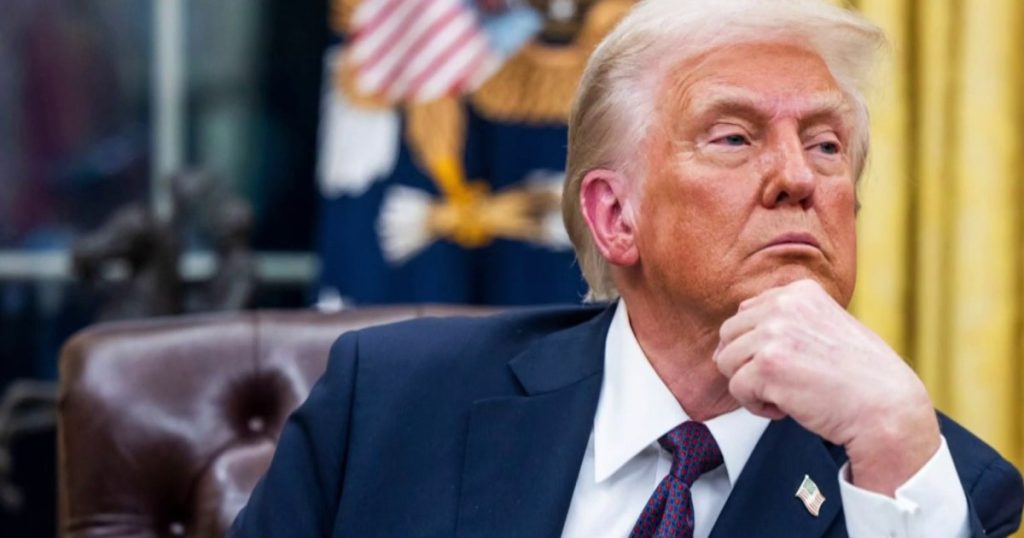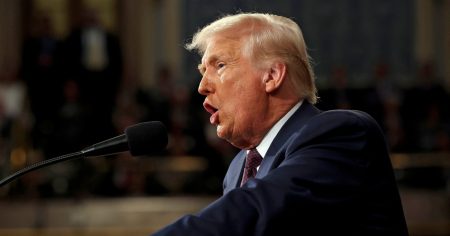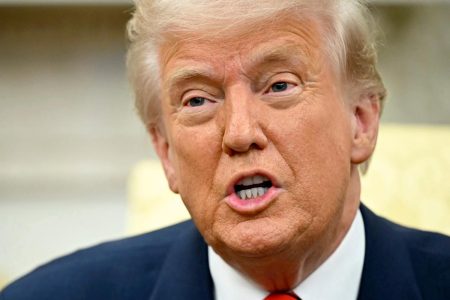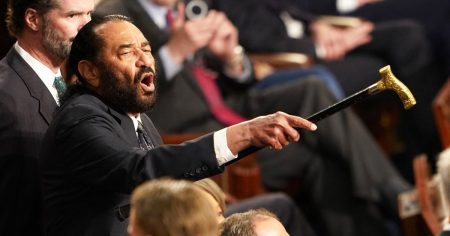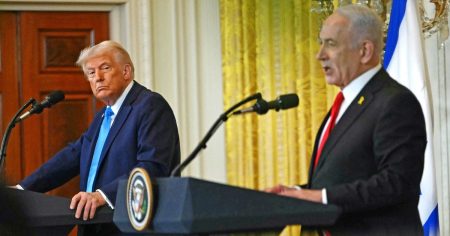The Middle East has seen a fragile ceasefire between Israel and Hamas, which has been put to the test in recent days. President Trump recently announced that the ceasefire agreement between Israel and Hamas would be canceled if Israeli hostages held by Hamas are not released by noon on Saturday, February 15. This ultimatum has raised tensions in the region and underscored the delicate nature of the current truce. Trump’s statement was reported by NBC News, with Yasmin Vossoughian highlighting the potential implications of the president’s words. The situation remains highly volatile, with both sides closely monitoring developments.
Hamas has announced a delay in the release of hostages, citing what it claims are violations of the ceasefire by Israeli forces. This move has further strained the already tense relationship between the two sides and has raised concerns about the sustainability of the ceasefire. Hamas’s decision to postpone the release of hostages has been met with criticism from Israeli officials, who argue that such actions only serve to escalate tensions. Meanwhile, the humanitarian situation in Gaza remains dire, with thousands of displaced Gazans attempting to return to their homes amid the fragile truce.
Despite the challenges, the ceasefire has allowed for some progress in recent days. A number of Israeli hostages were released by Hamas as part of the first phase of the ceasefire agreement. Videos have emerged showing the emotional reunions of these hostages with their families, providing a rare moment of hope amidst the ongoing conflict. However, the release of hostages has not been without its complications, with Hamas citing ceasefire violations as the reason for its decision to delay further releases. This has led to heightened tensions and increased uncertainty about the future of the ceasefire.
The humanitarian situation in Gaza continues to deteriorate, with many residents struggling to access basic necessities. The ceasefire has allowed for some displaced Gazans to return to their homes, but the scale of the destruction and the ongoing violence have made it difficult for many to rebuild their lives. In addition, there have been reports of Palestinian children being transported out of Gaza for urgent medical treatment, highlighting the severe impact of the conflict on vulnerable populations. The international community has called for increased aid and support for those affected by the conflict, but the situation remains dire.
President Trump’s recent remarks about the conflict have sparked widespread controversy. In a statement that has drawn sharp criticism from Palestinian leaders and international observers, Trump suggested that the United States should take control of the Gaza Strip. The president’s comments were met with outrage, with many arguing that such a proposal would have far-reaching and potentially devastating consequences for the region. Trump’s administration has faced backlash for its handling of the conflict, with critics accusing it of taking sides and failing to address the root causes of the violence.
The international community has reacted with concern to the developments in Gaza. World leaders have called for a peaceful resolution to the conflict and urged both sides to adhere to the terms of the ceasefire. The United States’ proposal to take control of Gaza has been met with skepticism, with many arguing that such a move would only exacerbate tensions and undermine efforts to achieve a lasting peace. As the situation in Gaza continues to unfold, the world watches with bated breath, hoping for a resolution that will bring stability and security to the region.


